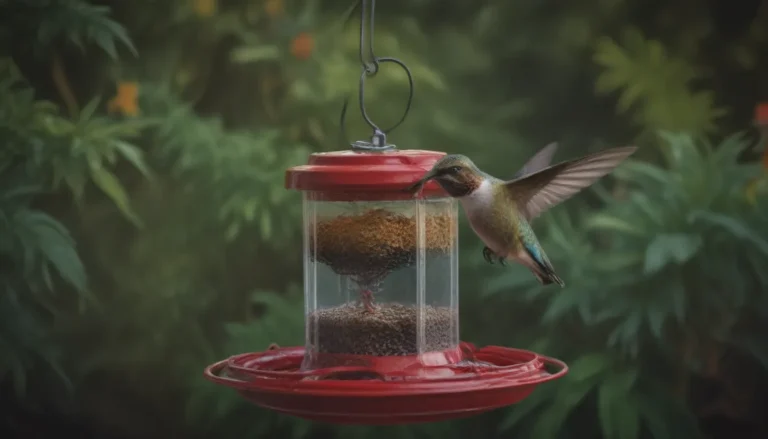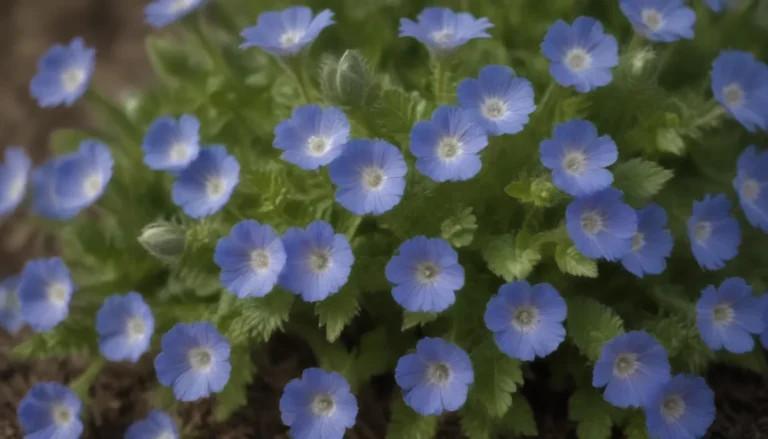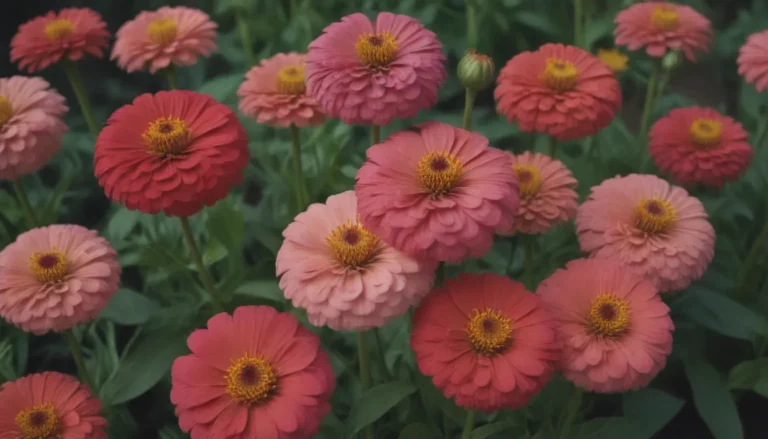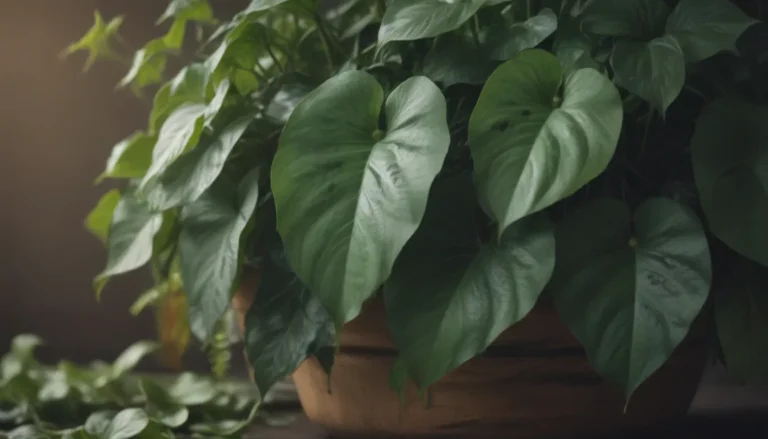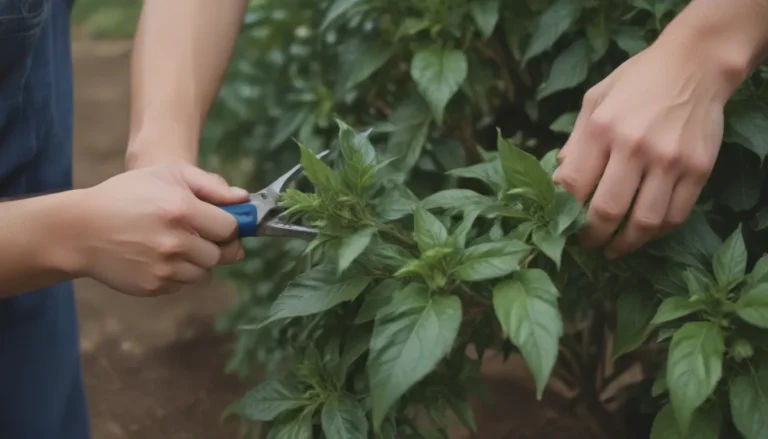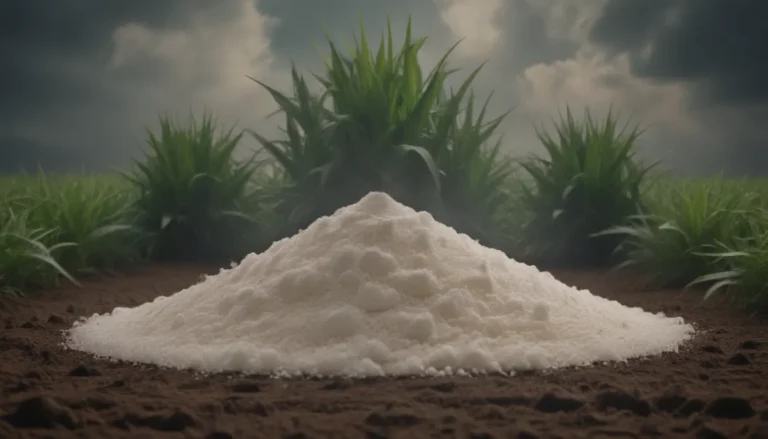The Benefits of Composting With Coffee Grounds: A Complete Guide for Garden Enthusiasts
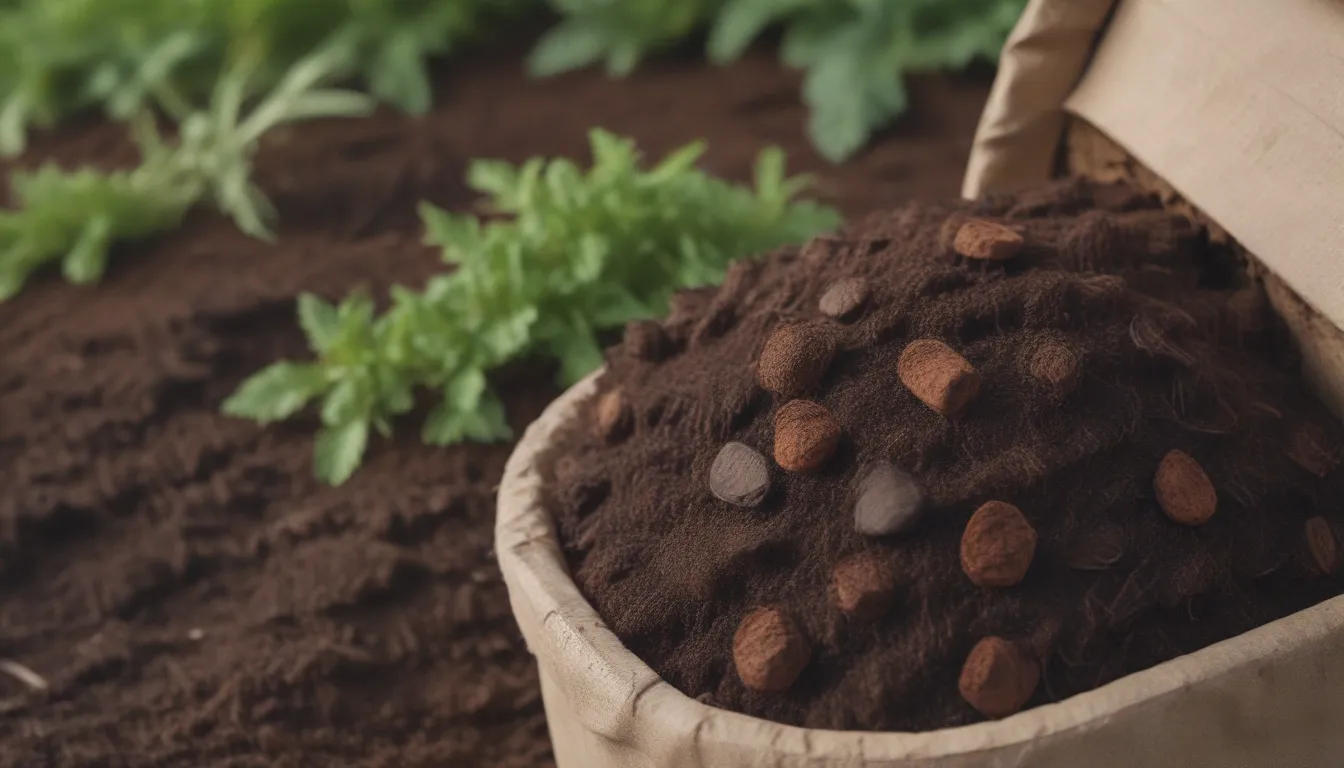
Welcome, fellow gardeners, to the world of composting with coffee grounds! If you are looking to take your composting game to the next level and reap the benefits of “black gold” in your garden, then you have come to the right place. In this detailed guide, we will explore the many advantages of using coffee grounds in your compost pile, how to use them effectively, and why they are an excellent addition to your gardening routine.
Why Coffee Grounds Are a Gardener’s Best Friend
Coffee grounds are often seen as a waste product, destined for the trash bin once we have brewed our morning cup of joe. But did you know that these humble grounds can be a valuable asset in the garden? Here are some reasons why coffee grounds are a gardener’s best friend:
-
Rich in Nitrogen: Just like animal manure, coffee grounds contain a high percentage of nitrogen, around 2 percent by volume. This makes them an excellent source of this essential nutrient for your plants.
-
Safe Alternative to Manure: If you are concerned about pathogens in animal manure, coffee grounds are a safer option. They provide the same benefits without the potential risks.
-
Temperature Control: Coffee grounds help maintain a high temperature in the compost pile, ranging between 135 and 155 degrees Fahrenheit. This heat can kill off pathogens and weed seeds, making your compost safer and more effective.
Debunking the Myth: Coffee Grounds and Soil Acidity
Contrary to popular belief, coffee grounds are not acidic. Once they have been brewed, most of the acid is leached out, leaving them close to pH neutral, with a range of 6.5 to 6.8. This means that adding coffee grounds directly to the soil will not significantly alter its pH balance.
How to Use Coffee Grounds Directly in the Soil
When adding coffee grounds directly to the soil, it’s essential to understand how they interact with the nitrogen cycle. While coffee grounds are rich in nitrogen, they also encourage the growth of soil microbes, which consume nitrogen in the process. This can lead to a temporary nitrogen shortage for your plants. Here are some tips for using coffee grounds in the soil:
-
Work into the Soil: Mix coffee grounds into the soil, along with nitrogen fertilizer, to avoid shortchanging your plants on nitrogen.
-
Compost Before Use: If you prefer not to add extra nitrogen, compost the coffee grounds before incorporating them into the soil.
-
Use as Mulch: Coffee grounds can also be used as mulch. Apply a thin layer on the soil surface, ensuring it is not too thick, and allow it to break down over time.
Harnessing the Power of Coffee Grounds in Your Compost Pile
Composting coffee grounds is an excellent way to utilize their nutrients and benefit your garden. Here’s how you can incorporate coffee grounds into your compost pile effectively:
-
Mix with Compost: Add coffee grounds to your compost pile as a green material, along with a mix of brown materials like leaves. Ensure the ratio is one part green material to two to three parts brown materials.
-
Include Coffee Filters: If you use unbleached coffee filters, you can add them to the compost pile as well. These filters break down quickly and contribute to the composting process.
-
Turn Your Compost: Regularly turning your compost pile helps aerate it and speed up the decomposition process. If you forget to turn it, don’t worry—compost will still form, albeit at a slower pace.
-
Managing Mold: If you notice mold on coffee grounds in your compost, don’t panic. This is a natural part of the decomposition process. However, if your compost smells foul, adjust the moisture ratio by adding more brown materials.
Enhancing Your Composting Experience with a Bokashi Composter
For those looking to take their composting to the next level, a Bokashi composter offers a unique approach to organic waste breakdown. Here’s how you can incorporate coffee grounds into your Bokashi composting routine:
-
Add to the Compost: Include coffee grounds and filters in your Bokashi composter. There is no set ratio for green and brown materials in this system.
-
Use Bokashi Compost Accelerator: Add Bokashi compost accelerator (bran) to the composter. The more you add, the better, as the bran contains effective microorganisms that aid in decomposition.
With these tips and tricks, you can harness the power of coffee grounds to boost your garden’s health and vitality. Whether you are a seasoned composting pro or just starting out, integrating coffee grounds into your routine can have a significant impact on your gardening success. So next time you brew a pot of coffee, remember to save those grounds and give your garden a nutrient-rich treat!
